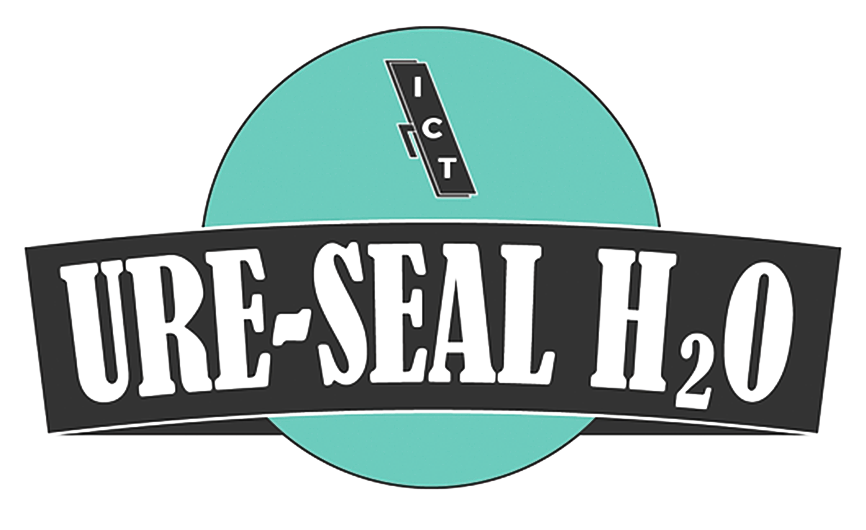Restoring Your Paver Driveway the Right Way
Paver driveways are a popular choice here in Florida. Whether it's made of clay bricks, natural stone, or travertine, a paver driveway looks just right in front of a Florida home or business. As delightful as they look when new, paver driveways and other hardscaped areas like pools and patios need proper care to keep those good looks.
4 Reasons Paver Driveways Need Restoration
Is your paver driveway in need of restoration? Florida's bright sunshine, abundant moisture, and occasional strong winds will eventually take a toll on even sealed pavers. Not to mention the traffic on your driveway! That's why they require a new coat of sealer regularly. Now imagine how poor unsealed pavers fare! The best thing you can do for your paver driveway is to make sure that it's properly sealed.
- Were the pavers in your driveway installed properly? If not, they can suffer from a range of problems including unevenness, crumbling, and efflorescence.
- Poor drainage under your paver driveway will eventually result in unevenness and the growth of unsightly and slippery moss.
- Has your paver driveway been neglected over the years? Neglected pavers will deteriorate from the weather and absorb stains such as leaking oil. State-of-the-art sealing can make your paver driveway look as good as new!
- Are your pavers unsealed or improperly sealed? Or maybe it's just been too many years between sealings. Pavers should be professionally sealed every two or three years in order to keep their good looks.
Proper paver sealing will protect your driveway from the elements and keep it looking great!
Steps for Restoring a Paver Driveway
If your paver driveway is looking a little sad, don't tear it out! You'd be surprised at what a difference professional restoration can make.
- Cleaning. A thorough, high-pressure washing of the paver area will remove dirt, debris, and other build-ups, making your driveway the perfect canvas for sealing.
- Repairing. Sloping, sinking, or cracking of pavers can happen, especially if there is poor soil drainage or a lack of sealing. Compromised pavers will need to be repaired or replaced before the final step.
- Chemical Stripping. This step is only necessary if your driveway was previously sealed by an untrained professional or on your own — with best intentions, of course! Stripping will remove old or improperly-applied sealer without damaging the pavers.
- Sealing. The most important step in restoring a paver driveway is the final step — sealing. Sealing helps bring pavers back to life and protect them from continued wear and tear.
For more information about paver sealing, check out our FAQ page.
Let Us Restore Your Paver Driveway
At Tropical Paver Sealing, we have the expertise and experience to bring even the saddest paver driveways back to life. After all, we've been doing it since 1983 and we're licensed and insured. Give us a call and we'll have your free estimate to you within 1 or 2 days. We'll even leave you with the organic processes needed to maintain your beautifully restored paver driveway!


